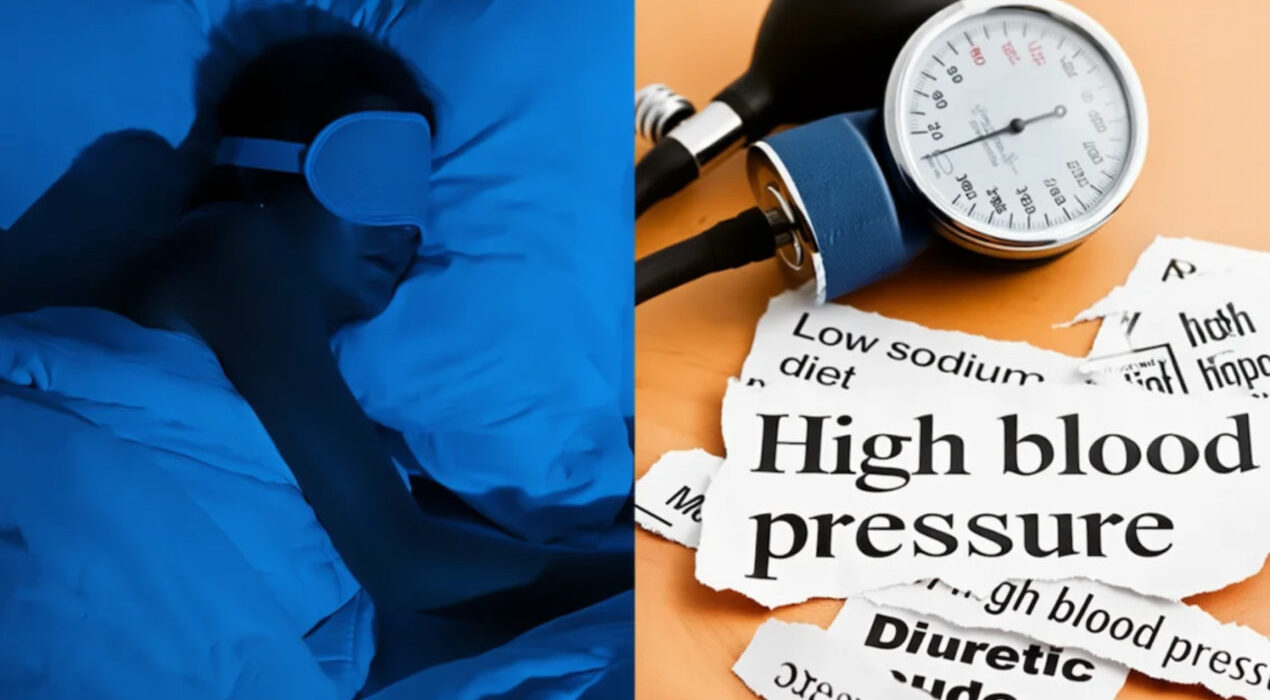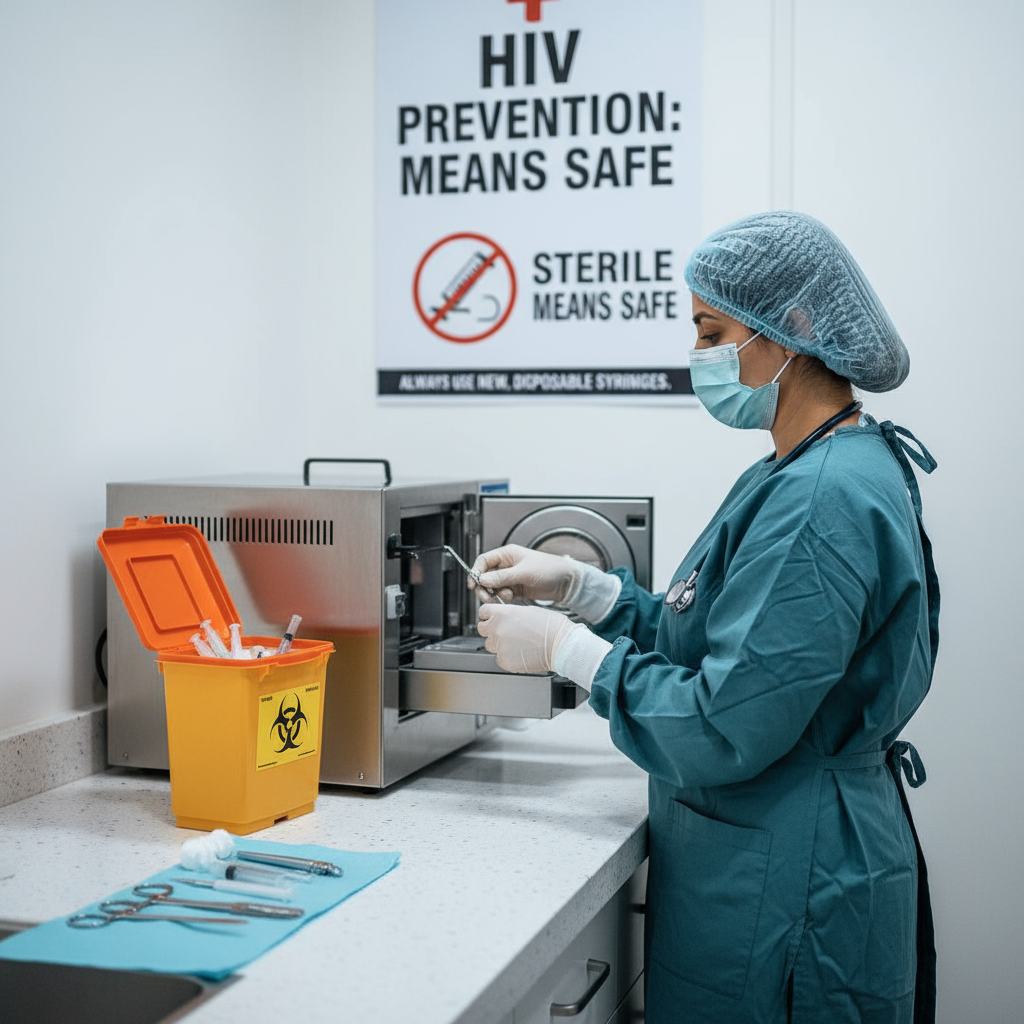Sleep Disorder Risk: Combo of Apnea & Insomnia Linked to Higher Blood Pressure
Sleep experts warn that a mix of sleep apnea and insomnia can raise the risk of high blood pressure. The new study comes from the University of Gothenburg and offers important insights. It also highlights why good sleep matters for heart health. The sleep disorder risk becomes even more important when both conditions appear together.
Understanding the Conditions
Sleep apnea causes repeated breathing pauses during sleep. These pauses reduce oxygen levels and disrupt rest. Insomnia includes trouble falling asleep, waking often, or rising too early. Many people face one of these issues. However, having both conditions makes the situation more serious. Researchers therefore wanted to understand how this combination affects blood pressure.
The team studied almost 4,000 adults from the general population. Each person took part in a home sleep test and a full health check. They were placed into four groups based on their sleep patterns. One group had no sleep problems. Another group dealt with insomnia. A third group had sleep apnea. The final group lived with both conditions. A reading above 140 over 90 counted as high blood pressure.
The Results Paint a Clear Picture
The findings show a rising trend. About 4.5 percent of people with only insomnia had high blood pressure. The number rose to 7.9 percent among those with only sleep apnea. It reached 10.2 percent in people with both problems. As a result, the combination created the highest risk.
Researchers say this information can help identify people who need more support. They note that treatment with a breathing mask alone may not be enough for everyone. In addition, many patients may benefit from better sleep habits or cognitive behavioral therapy. These steps can improve sleep and support long-term heart health. These findings offer guidance for healthier sleep and heart outcomes.






